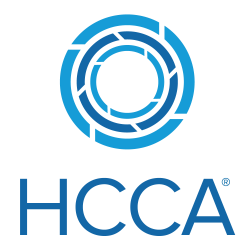To the uninitiated, the term “advanced analytics” might sound a bit dry, but it holds exciting promise to make clinical trials far more efficient and deliver vital drugs and treatments to patients more quickly and safely, say a quartet of thought leaders with hands-on experience leveraging its benefits.
“Advanced analytics can enable faster detection of quality issues through the use of descriptive and predictive analytics, ensure efficient use of quality assurance (QA) resources, and provide a ‘course correction’ early in the trial in order to salvage data and processes,” says Richard Bowling, team lead for quality data operations with Genentech.
Minus advanced analytics, too many trials are stuck with finding problems toward the end of the process via audits, Bowling notes. In those cases, he says, “all they can do is make a note to file or throw out data from a site” if problems raise enough concern to warrant the unfortunate move. However, when using advanced analytics, it’s often possible to “salvage data or processes” much earlier in the clinical trial cycle, he adds.
In some ways, “we’ve been doing QA the same way for 30 years, and it’s time for some changes,” says Timothé Ménard, PharmD, head of quality data science with F.Hoffmann-La Roche. At core, utilizing advanced analytics is about being more proactive and “embedding quality within processes,” Menard explains.
Menard and Bowling will be joined by Dr. Eileen Magruder, MD, and Alaina Barros, both principal quality leads with Genentech, as part of a presentation at ACRP 2020 in Seattle.
Praising Magruder and Barros as “early adopters,” Menard noted the group will be able to present the benefits and mechanics behind advanced analytics from all operational angles.
“One of our goals in presenting at ACRP is reaching a wider audience and helping spread the word” about the value of advanced analytics, Menard said. He hopes that by sharing their case studies, they’ll inspire confidence in other practitioners—and regulators—to embrace the technique.
“It’s a win-win,” Menard said. “Patients get drugs faster, and pharmaceutical companies save time and money.”
Author: Michael Causey




